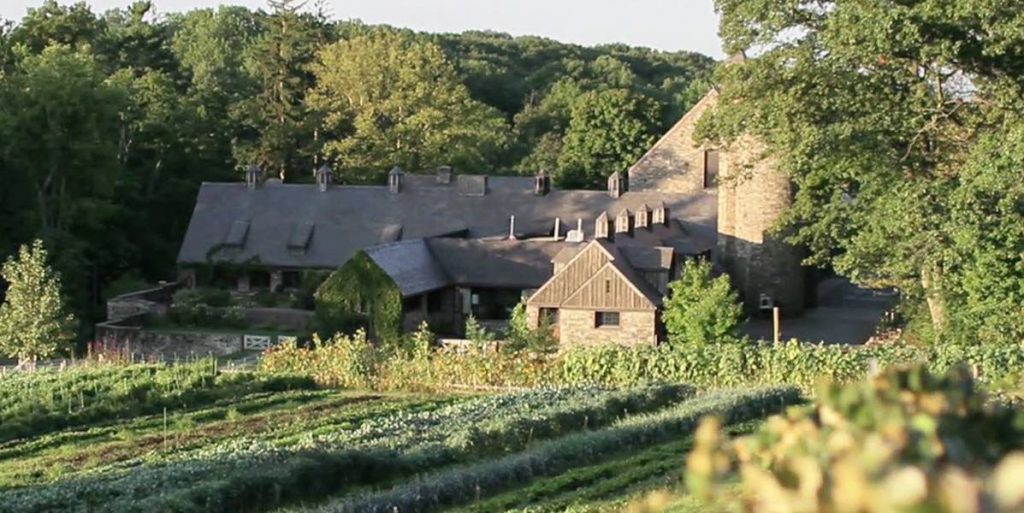Ep. 28: Willem Ferwerda – CEO of Commonland Group ||
Today on Sourcing Matters ep. 28 we welcome Willem Ferwerda – CEO of the Commonland Group. Based out of the Netherlands, Commonland believes that landscape restoration offers tremendous untapped opportunities for sustainable economic development. To demonstrate this potential, they develop landscape restoration projects that are based on business cases, and proper monitoring of their successes using multi-dimensional returns. With current projects in Southern Africa, Spain, Western Australia, and the Netherlands – Commonland engages with multidisciplinary teams of investors, companies, and entrepreneurs in long-term restoration partnerships with farmers and land-users. Already, the approach has cast new expectations for what returns represent to each of the different stakeholders.
. .
 The goal of Commonland is to realize large-scale landscape restoration with local farmers, land-users and experts based on sustainable business cases with each impact being assessed through a matrix monitoring diverse returns that connect natural and economic landscape zones through a multi-stakeholder initiative benefiting all parties. Willem founded Commonland with the idea the long-term commitment is important, as it takes approximately 20 years – or one generation – to restore a landscape. Their holistic restoration approach focuses on the 4 key returns of Inspiration, Social, Natural, Financial. Those returns combine to define a baseline for their long-horizon mission – which is to contribute to a large-scale landscape restoration industry, aligned with international policies and guidelines throughout a shrinking planet.
The goal of Commonland is to realize large-scale landscape restoration with local farmers, land-users and experts based on sustainable business cases with each impact being assessed through a matrix monitoring diverse returns that connect natural and economic landscape zones through a multi-stakeholder initiative benefiting all parties. Willem founded Commonland with the idea the long-term commitment is important, as it takes approximately 20 years – or one generation – to restore a landscape. Their holistic restoration approach focuses on the 4 key returns of Inspiration, Social, Natural, Financial. Those returns combine to define a baseline for their long-horizon mission – which is to contribute to a large-scale landscape restoration industry, aligned with international policies and guidelines throughout a shrinking planet.
Maybe Teddy said it best: “I recognize the right and duty of this generation to develop and use the natural resources of our land; but I do not recognize the right to waste them, or to rob, by wasteful use, the generations that come after us. I ask nothing of the nation except that it so behaves as each farmer here behaves with reference to his own children. That farmer is a poor creature who skins the land and leaves it worthless to his children. The farmer is a good farmer who, having enabled the land to support himself and to provide for the education of his children, leaves it to them a little better than he found it himself. I believe the same thing of a nation.”
– Theodore Roosevelt: The 1910 New Nationalism Speech
.
@Commonland
- www.Commonland.com
- 4 Returns, 3 Zones, 20 Years: A Holistic Framework for Ecological Restoration by People and Business for Next Generations (pdf)
- Green Gold 2 Documentary (video) / full film
- Motion Graphic Video: 4 returns
- Willem Ferwerda bio
- Royal Address, speech to the Dutch Parliament in 2017 (pdf download)
- IUCN Commission on Ecosystem Management


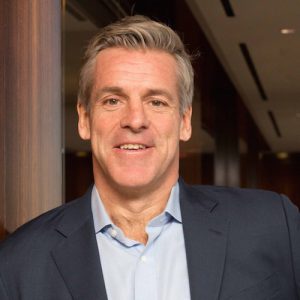 In our 35 minute conversation we discuss a variety of topics throughout the value chain of food, and throughout a circular economy. Warren begins episode by shares interesting anecdotes and details on a few of their portfolio companies. He describes the criteria Bain Double Impact uses to assess and invest in these different companies. Warren also shares how he got into the impact space; how through both personal motivation to improve his wellbeing and to cast a leading light for his family – they’ve defined a tip-of-the-spear approach in private equity which could till new ground for an industry looking to better connect with millennial investors set to inherit $40 trillion in the next decade.
In our 35 minute conversation we discuss a variety of topics throughout the value chain of food, and throughout a circular economy. Warren begins episode by shares interesting anecdotes and details on a few of their portfolio companies. He describes the criteria Bain Double Impact uses to assess and invest in these different companies. Warren also shares how he got into the impact space; how through both personal motivation to improve his wellbeing and to cast a leading light for his family – they’ve defined a tip-of-the-spear approach in private equity which could till new ground for an industry looking to better connect with millennial investors set to inherit $40 trillion in the next decade.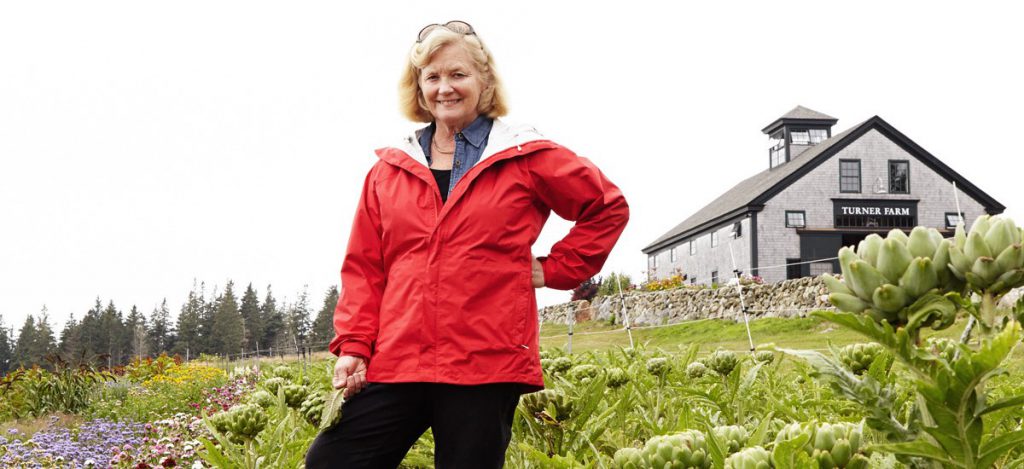
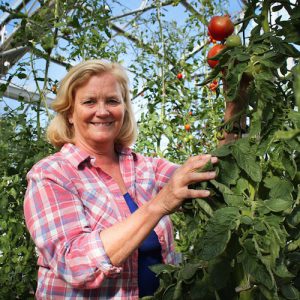 Truth is, a good portion of our discussion focused on the beautiful State of Maine. Once, and what could again be the fulcrum of the regional food system of the Northeast, Maine has an agricultural linage dating back to the beginning of the Union. 3500 miles of coastline boasting access to a bounty of some of the cleanest waters and seafood in the world. Through this, Maine could cast a long shadow in future bio-regional economies. Pingree embraces systems thinking on her farmstead & Inn in Maine, and in the other House – on The Hill, 600 miles south.
Truth is, a good portion of our discussion focused on the beautiful State of Maine. Once, and what could again be the fulcrum of the regional food system of the Northeast, Maine has an agricultural linage dating back to the beginning of the Union. 3500 miles of coastline boasting access to a bounty of some of the cleanest waters and seafood in the world. Through this, Maine could cast a long shadow in future bio-regional economies. Pingree embraces systems thinking on her farmstead & Inn in Maine, and in the other House – on The Hill, 600 miles south.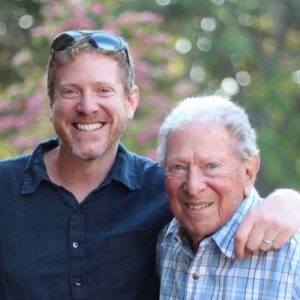 Producing Châteauneuf-du-Pape style Rhone wines native to the Southeast Corner of France, today we welcome Partner and General Manager of Tablas Creek Winery Jason Haas to Sourcing Matters. Situated squarely between San Francisco & Los Angeles, Jason’s family began their California winery in 1989 using elevated practices that focused on Organic and regenerative in effort to benefit their soils, and the flavor of their wines. Now, producing 360,000 bottles a year of biodynamic and diverse vitas – Tablas Creek has established themselves as a desired brand that engages consumers and progresses the industry through their commitment to producing world-class wine.
Producing Châteauneuf-du-Pape style Rhone wines native to the Southeast Corner of France, today we welcome Partner and General Manager of Tablas Creek Winery Jason Haas to Sourcing Matters. Situated squarely between San Francisco & Los Angeles, Jason’s family began their California winery in 1989 using elevated practices that focused on Organic and regenerative in effort to benefit their soils, and the flavor of their wines. Now, producing 360,000 bottles a year of biodynamic and diverse vitas – Tablas Creek has established themselves as a desired brand that engages consumers and progresses the industry through their commitment to producing world-class wine.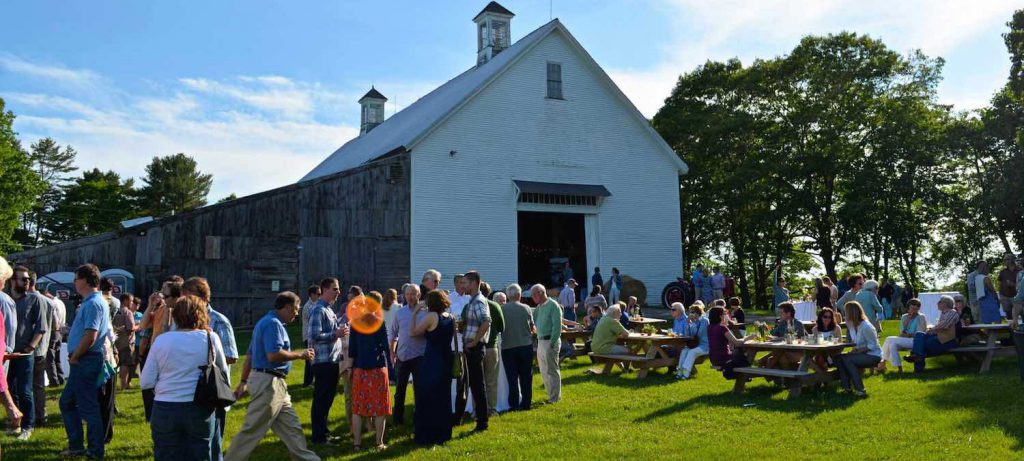
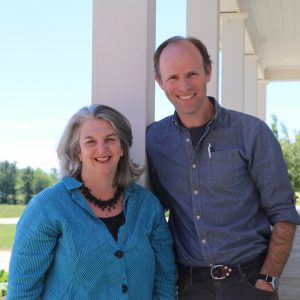 Joining for episode 22 of Sourcing Matters we welcome Dave Herring: Executive Director at Wolfe’s Neck Center; and Fiona Wilson, Chair of the Board at Wolfe’s Neck, and ED at Center for Social Innovation and Enterprise, Asst. Prof. at UNH’s Paul College of Business.
Joining for episode 22 of Sourcing Matters we welcome Dave Herring: Executive Director at Wolfe’s Neck Center; and Fiona Wilson, Chair of the Board at Wolfe’s Neck, and ED at Center for Social Innovation and Enterprise, Asst. Prof. at UNH’s Paul College of Business.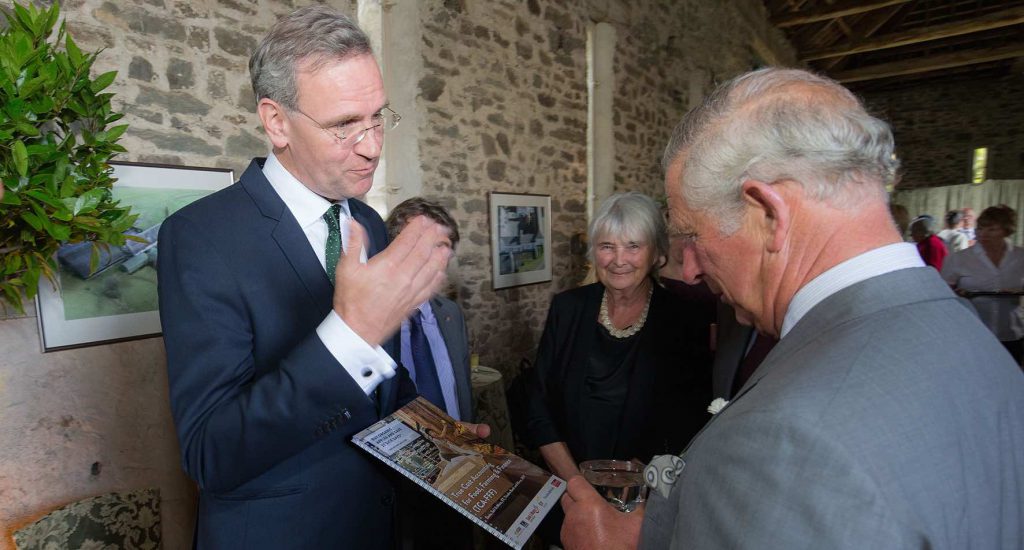
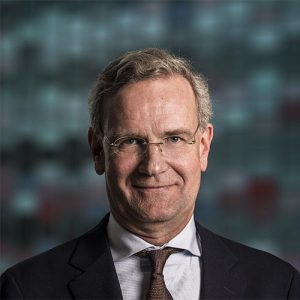 Along with the UN and Ernst & Young – Volkert Engelsman and the team at EOSTA have levered the Nature & More framework to prove healthier & cleaner food has greater value than the cheap stuff. The pilot program has been labeled “True Cost Accounting for Food, Farming & Finance”. We learn that French Government has calculated a 54b Euro impact of externalized costs from contamination on the water supply and environmental impact tied to conventional food production. More over, the UN calculates $2.8 Trillion of environmental externalized costs and $2.1 Trillion in social damage tied to extractive models of agriculture. Engelsman explains that’s about the equivalent of the total revenues of all food products from around the world. “The report makes clear that organic food is not too expensive, but rather conventional food is too cheap.” – details Engelsman.
Along with the UN and Ernst & Young – Volkert Engelsman and the team at EOSTA have levered the Nature & More framework to prove healthier & cleaner food has greater value than the cheap stuff. The pilot program has been labeled “True Cost Accounting for Food, Farming & Finance”. We learn that French Government has calculated a 54b Euro impact of externalized costs from contamination on the water supply and environmental impact tied to conventional food production. More over, the UN calculates $2.8 Trillion of environmental externalized costs and $2.1 Trillion in social damage tied to extractive models of agriculture. Engelsman explains that’s about the equivalent of the total revenues of all food products from around the world. “The report makes clear that organic food is not too expensive, but rather conventional food is too cheap.” – details Engelsman.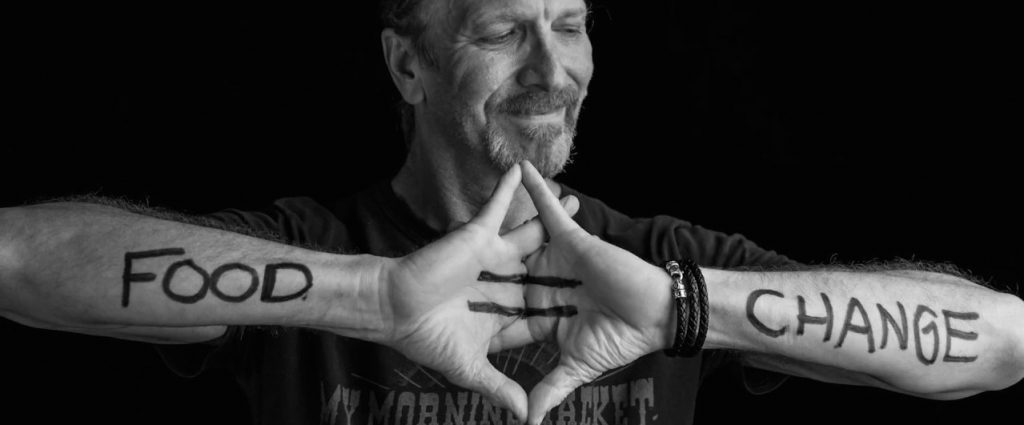
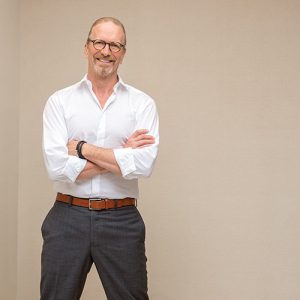 The entire hour of our conversation is well worth a listen. But, if you have only 10 minutes to lend an ear – tune-in to hear the power of Michel’s words and the emotional description of his dear friends Paul Newman and Gus Schumacher. Both influential allies; both impressive leaders; both iconoclasts who’ve have disrupted by leaving this place much better than they had found it.
The entire hour of our conversation is well worth a listen. But, if you have only 10 minutes to lend an ear – tune-in to hear the power of Michel’s words and the emotional description of his dear friends Paul Newman and Gus Schumacher. Both influential allies; both impressive leaders; both iconoclasts who’ve have disrupted by leaving this place much better than they had found it.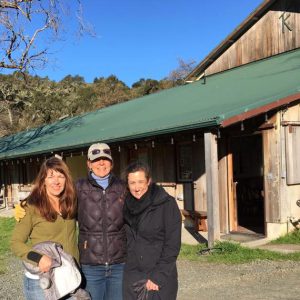 Today I’m joined by two knowledgeable thought leaders pioneering a better food movement sprawling from coast to coast, and everywhere in-between. On episode 18 of Sourcing Matters Wendy Millet – Director of Tomkat Ranch research center, and Jill Isenbarger – CEO of Stone Barns Center discuss all important topics ranging from circular economies, holistic management, food & Agtech, and more which have begun casting a long shadow over a quickly changing domestic food landscape.
Today I’m joined by two knowledgeable thought leaders pioneering a better food movement sprawling from coast to coast, and everywhere in-between. On episode 18 of Sourcing Matters Wendy Millet – Director of Tomkat Ranch research center, and Jill Isenbarger – CEO of Stone Barns Center discuss all important topics ranging from circular economies, holistic management, food & Agtech, and more which have begun casting a long shadow over a quickly changing domestic food landscape. 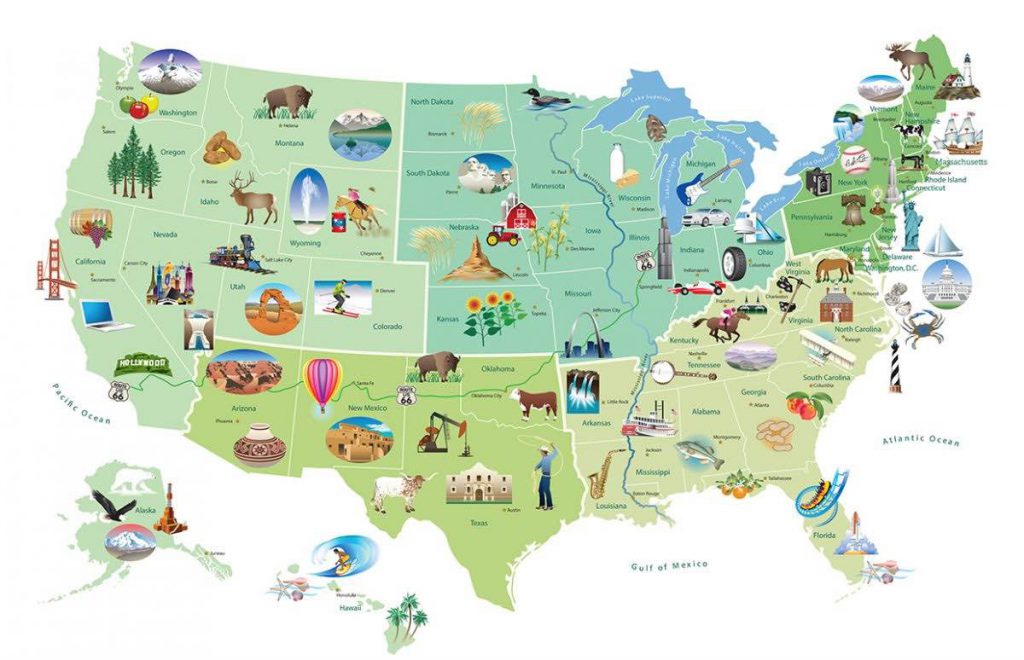
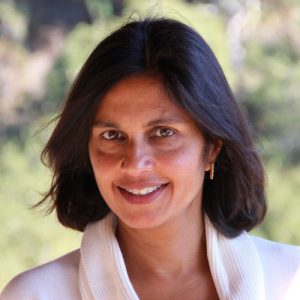 Perpetually coaching and facilitating founders amongst her wide net, Jain evaluates a diverse spectrum of concepts ranging from supply chain transparency & traceability – to- next gen gear tech – to- smart and biomimetic fish meal for aquaculture – to – big data efficiencies reducing waste and deadloss. Now, traveling the globe to instigate innovation throughout future fisheries, Jain uses regional think-tanks and gatherings of industry experts with entrepreneurs to foster growth in a stagnant and often detrimental industry. Culminating with an annual onsite business competition at Stanford – Fish2.0 has quickly become the hub of innovation economies for the best-of-the-best in global fisheries, ocean farming and aquaculture.
Perpetually coaching and facilitating founders amongst her wide net, Jain evaluates a diverse spectrum of concepts ranging from supply chain transparency & traceability – to- next gen gear tech – to- smart and biomimetic fish meal for aquaculture – to – big data efficiencies reducing waste and deadloss. Now, traveling the globe to instigate innovation throughout future fisheries, Jain uses regional think-tanks and gatherings of industry experts with entrepreneurs to foster growth in a stagnant and often detrimental industry. Culminating with an annual onsite business competition at Stanford – Fish2.0 has quickly become the hub of innovation economies for the best-of-the-best in global fisheries, ocean farming and aquaculture. 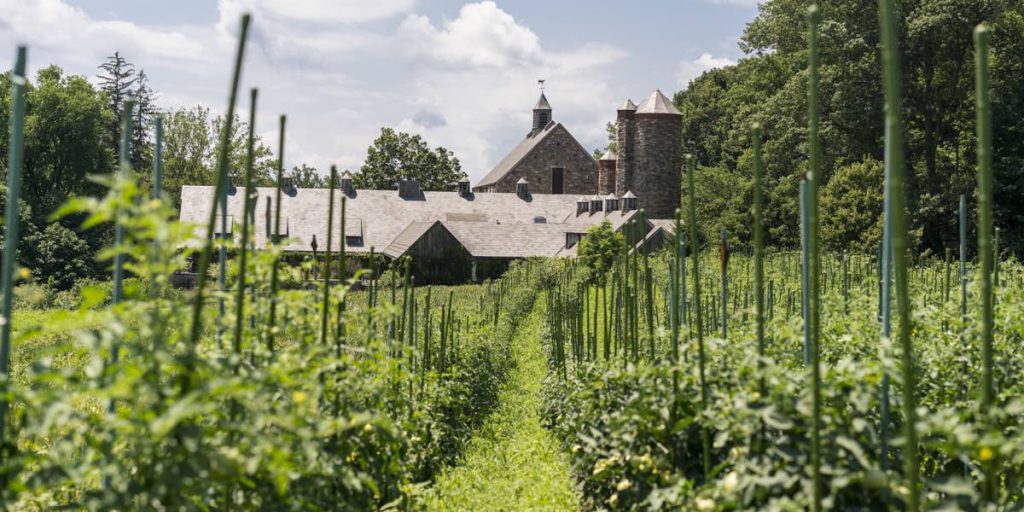
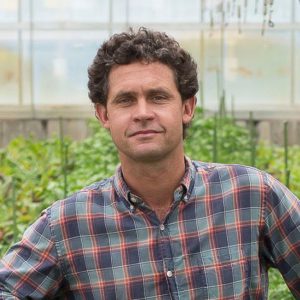 The goal of this agricultural research and educational epicenter in West Chester NY is to cast a large shadow on consumers and producers alike through better connecting more to natural order through the food we eat. There are many challenges of this type of agritourism on a working farm, but Jack takes them all in stride – stating: “We can only look ahead. If people engage in food; if they ask for, and demand more – we can change the food system together.” Algiere continues, “Where do we learn this stuff? On the small, beautiful farms we can all access.”
The goal of this agricultural research and educational epicenter in West Chester NY is to cast a large shadow on consumers and producers alike through better connecting more to natural order through the food we eat. There are many challenges of this type of agritourism on a working farm, but Jack takes them all in stride – stating: “We can only look ahead. If people engage in food; if they ask for, and demand more – we can change the food system together.” Algiere continues, “Where do we learn this stuff? On the small, beautiful farms we can all access.”